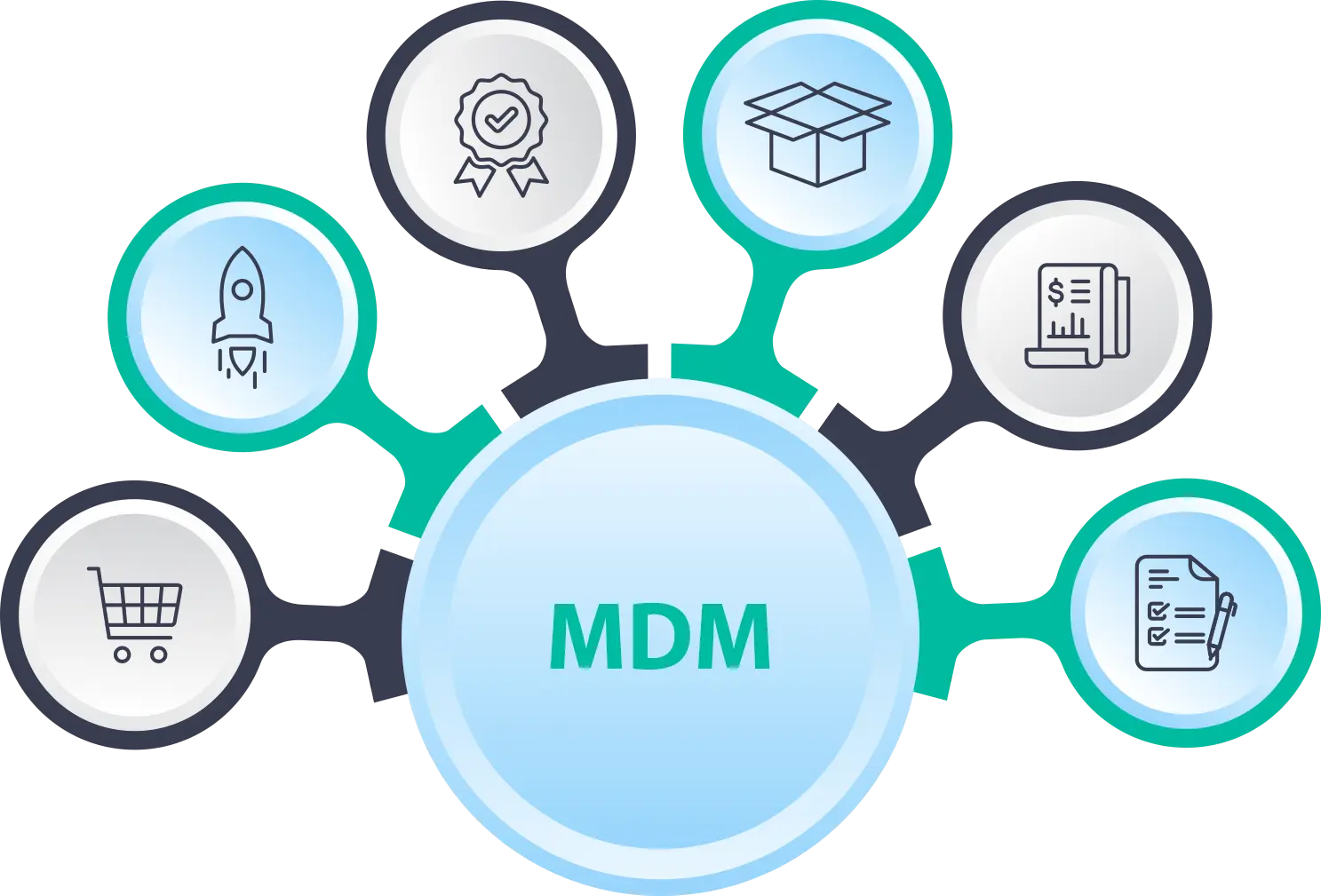Mastering Your Data: The Importance of Master Data Services

In today's data-driven world, organizations are constantly dealing with vast amounts of data coming in from various sources. Managing this data effectively is crucial for making informed business decisions and ensuring operational efficiency. This is where Master Data Services (MDS) come into play.
The Role of Master Data Services
Master Data Services (MDS) is a technology-enabled discipline in which business and IT work together to ensure the uniformity, accuracy, stewardship, semantic consistency, and accountability of the enterprise's official shared master data assets. MDS helps organizations maintain a single, accurate, and complete version of master data, such as customer information, product data, and financial records, across the entire enterprise. To find the best data enrichment services, you can also contact Acme Data.
Benefits of Master Data Services
- Improved Data Quality: MDS helps in standardizing and cleansing data, leading to improved data quality and reliability.
- Enhanced Decision-Making: By having a single source of truth for master data, organizations can make informed decisions based on accurate and up-to-date information.
- Operational Efficiency: With consistent and reliable master data, processes can be automated, leading to increased efficiency and productivity.
- Regulatory Compliance: MDS ensures that the organization complies with data governance regulations by maintaining accurate and auditable master data.
Challenges in Mastering Data
While Master Data Services offer numerous benefits, organizations often face challenges in effectively implementing and maintaining MDS. Some of the common challenges include:
Data Silos
Data silos occur when different departments or business units within an organization have separate databases and systems for managing data. This can lead to inconsistencies and duplication of data, making it difficult to maintain a single source of truth for master data.
Data Governance
Establishing clear data governance policies and procedures is essential for the successful implementation of Master Data Services. Without proper governance, data quality issues, ownership conflicts, and security risks can arise, hindering the effectiveness of MDS.
Data Integration
Integrating data from various sources and systems into a centralized MDS platform can be a complex and time-consuming process. It requires careful planning, data mapping, and coordination among different stakeholders to ensure a seamless integration of master data.
Best Practices for Mastering Your Data
Despite the challenges, organizations can successfully master their data by following some best practices in implementing and maintaining Master Data Services:
Establish Data Governance
- Define clear data ownership and stewardship roles within the organization.
- Implement data quality standards and procedures to ensure consistency and accuracy.
- Regularly monitor and audit master data to identify and resolve issues proactively.
Invest in Data Quality Tools
- Utilize data quality tools and software to standardize, cleanse, and deduplicate master data.
- Automate data validation processes to maintain data integrity and consistency.
Implement Master Data Management (MDM)
- Integrate Master Data Services with Master Data Management solutions to centralize and manage master data efficiently.
- Establish data governance policies and workflows within the MDM platform to enforce data standards and compliance.
Conclusion
Master Data Services play a critical role in helping organizations master their data and unlock valuable insights for informed decision-making. By implementing best practices, overcoming challenges, and investing in the right tools, organizations can harness the full potential of MDS and ensure the accuracy, consistency, and reliability of their master data assets.
